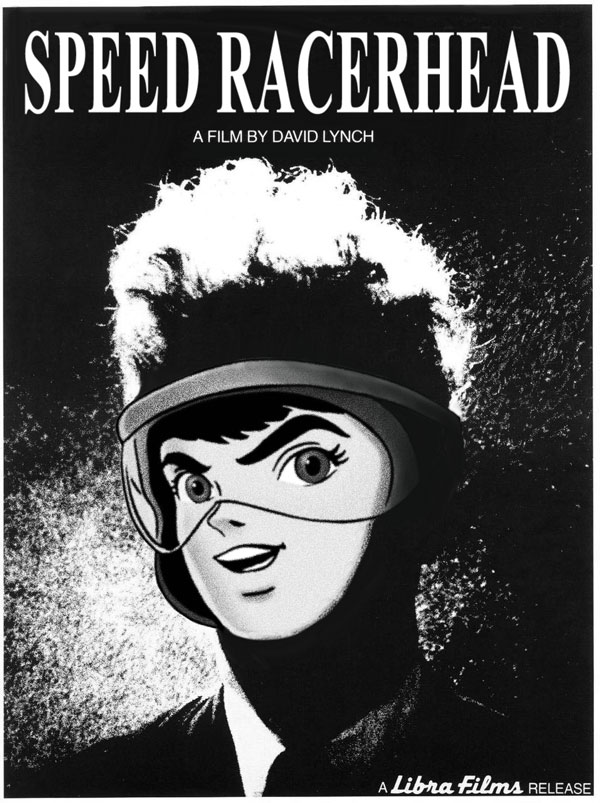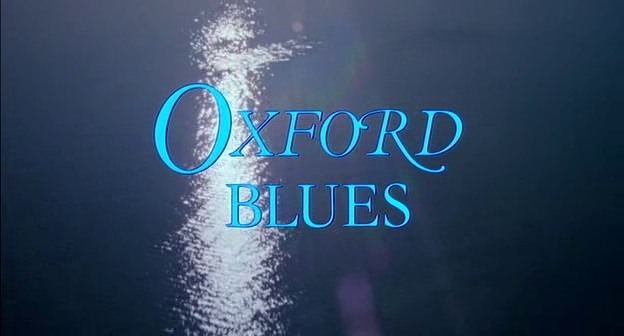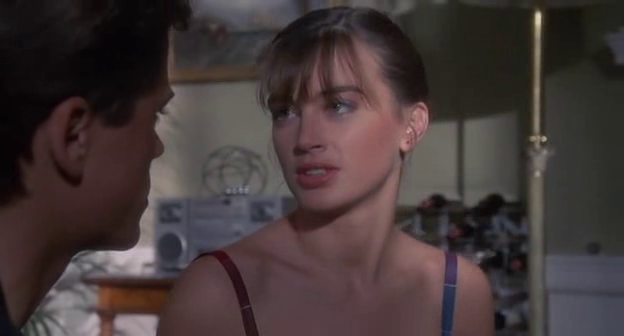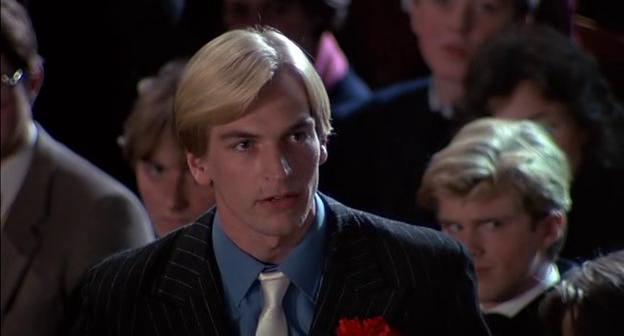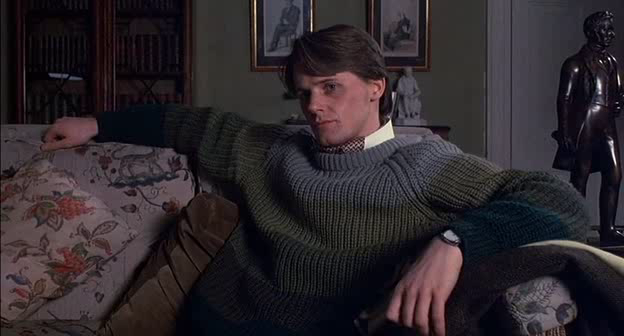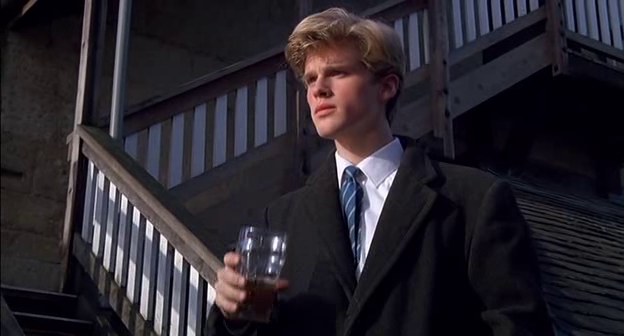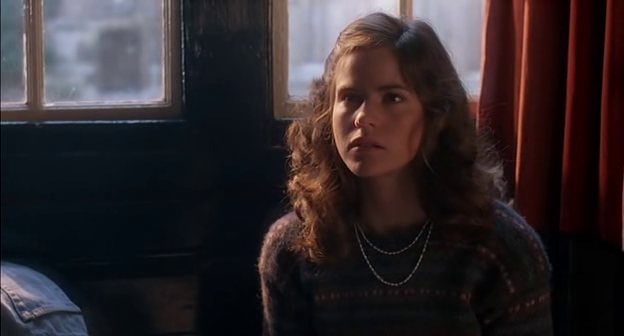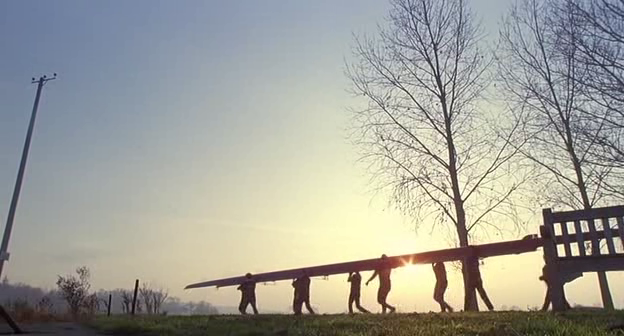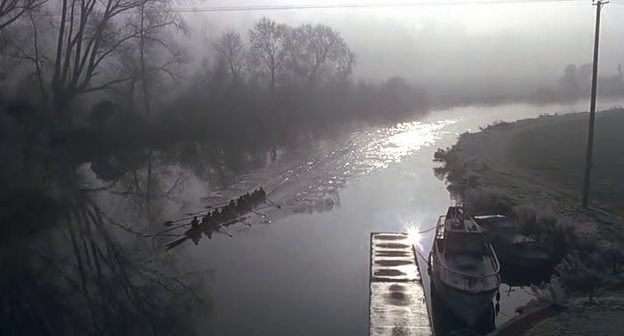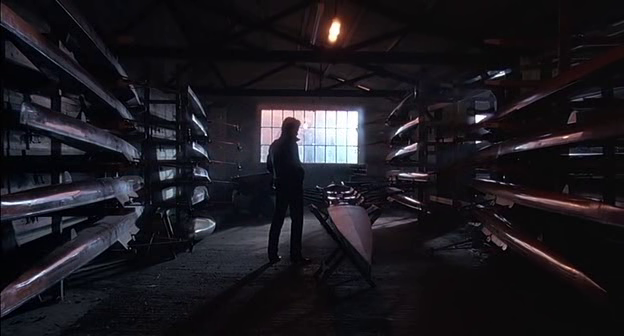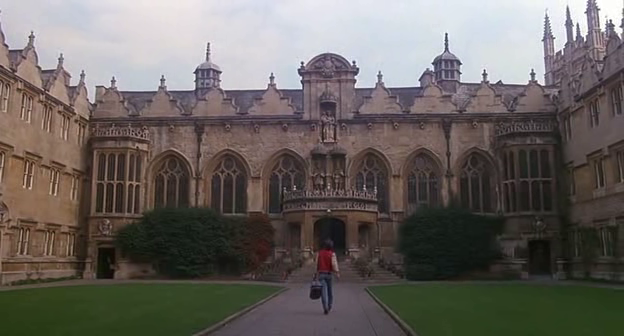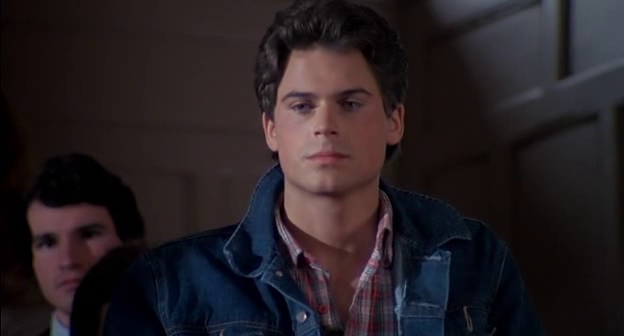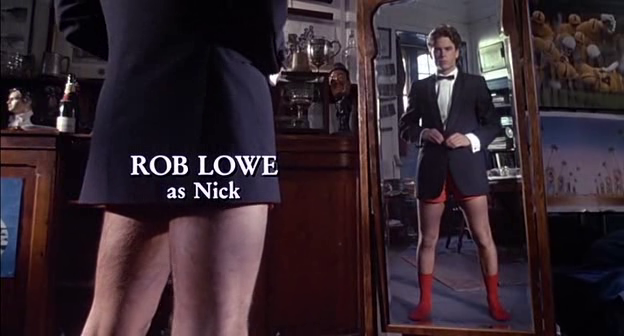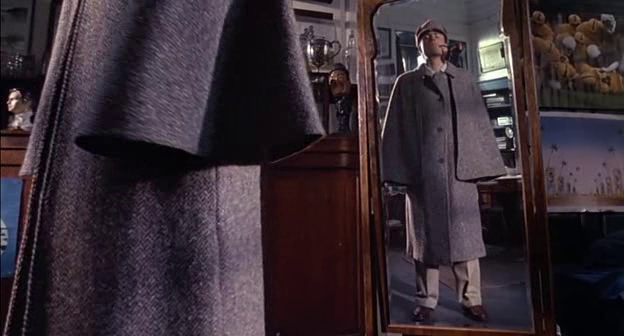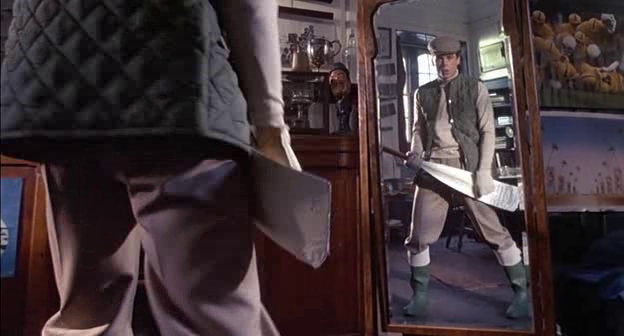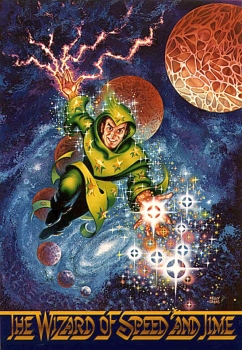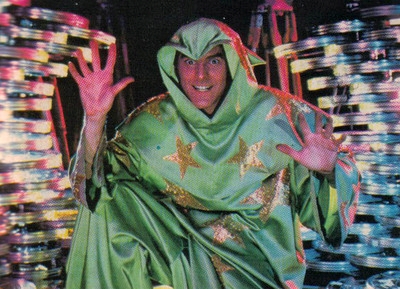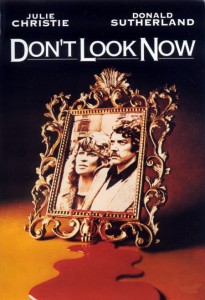** WARNING: MASSIVE SPOILERS AHEAD! **
Ever since Ernest Cline’s book READY PLAYER ONE was announced as a forthcoming film directed by Steven Spielberg, speculation ran rampant: would all of the ham-fisted 1980s pop culture references be dragged onto the screen as poorly as they were done on paper? Would protagonist Wade still be a chubby weirdo who spends a portion of the book alone and depressed in his room, engaging in virtual reality porn with his full-body gaming rig? Would we still have to sit through entire chapters of a game built around Canadian prog-rock band Rush? Well the movie is here and I can honest say…it’s not a disaster.
Yes I know, believe me, I never thought I’d type those words either. Yet here we are on the cusp of April 2018 and the movie I watched last night wasn’t a steaming cat turd served on a damp paper plate. Taking time out of his busy schedule of American history biopic films, Spielberg has returned to genre work and delivered an entertaining, if workman-like, production that will likely please casual fans of their parents’ childhoods and disappoint those of us who really wanted to have a good time hating other people’s hard work. Such is life!
Let’s start with the good stuff. First of all, Zak Penn (whose credits include work on superhero movies like THE AVENGERS and the X-MEN film series) has managed to improve some of the worst things about the book. Cline receives co-screenwriting credit but it’s hard to imagine he really did much here, since a lot of the clunky dialogue is missing. Gone are the painfully unfunny banter sessions between gamer dudes in a virtual replica of an 80s finished basement. Villainous CEO Nolan Sorrento has an expanded role here after feeling almost like an afterthought in the book. He doggedly pursues our heroes across The OASIS, a virtual reality video game world created by departed incel genius James Halliday.
The racism, sexism and transphobia of the book are toned down too, thankfully. Daito and Shoto in the book were Long Duk Dong-level caricatures, Japanese characters who speak humorlessly about honor and duty. In the movie they’re Daito and Sho, two kids as thinly-drawn as the other supporting cast but at least they get to smile and crack wise from time to time. Gone is the part of the book where Wade endlessly badgers his love interest Art3mis to discover her gender outside the game and tells her she can’t stop him from emailing her. The movie even gives her a backstory about why she hates Sorrento’s company IOI.
Unfortunately, she still feels like a trophy in many ways and she gets stuck in a creaky old scenario where she insists Wade wouldn’t find her attractive in real life because she’s hideous, yet she turns out to be a conventionally attractive young woman with a pale birthmark across her eye. It’s as though they took inspiration from that godawful One Direction lyric, “You don’t know you’re beautiful / and that’s what makes you beautiful.” She hates her own appearance and needs validation from Wade to accept herself.
But I promised to highlight the positives first so let’s move on. The book is built on a world in which Halliday adored 1980s film, music, and TV, and he has filled his game with references to these things. It’s insane to think that teens in 2045 would obsessively pore over pop culture from the 1980s, no matter how big the prize they might win by knowing that Mike Seaver’s best friend on GROWING PAINS was named “Boner”. It’s glaringly obvious that the entire book is Cline’s own wish fulfillment that the world would somehow recognize that the entertainment from his own 80s childhood was objectively the best ever. I mean, can you imagine the kids of 2018 eagerly trading facts about Perry Como’s best album or which Gidget movie is the ginchiest?
My positive point here is that it’s not as painful in the movie. That may be because they toned it down a bit (there’s no monologue like that painful section of the book that made the rounds on social media where Wade rattles off random pop culture properties he studied for three whole pages). It could also be that it’s just not as jarring to have a thousand pop culture items mentioned when you can actually see them instead of just reading their names in a list. Either way, it works a bit better here.
As for the negatives, I’ll try to keep this fairly short. It’s still a story chock full of nostalgia porn for middle-aged gamers. And there’s still plenty of sexist crap like one of Halliday’s puzzles involving the player having to find a woman he dated one time and asking her to dance because he was too scared to do it in real life before he died. When this virtual Damsel In Distress looked into the character’s eyes and said something along the lines of, “You don’t know how long I’ve waited for you to ask,” I had to cringe, imagining Halliday feverishly working through the night to program the likeness of a woman he had a crush on into his video game, presumably without her permission.
Also, while I said some of the dialogue has been improved from the source material, some parts feel like vintage awkward Cline prose. At one point Wade’s Aunt gets blown up by Sorrento’s hench-drones and Wade’s big line is, “You killed my mother’s sister!” At another point, Wade is searching video of Halliday for a clue to winning a big race and Halliday more or less looks into the camera and says, “Don’t you wish we could just…go backwards? Like put it in reverse and put the pedal to the metal?!” Naturally the secret to winning is revealed to be driving backwards instead of forward.
The world-building of the movie isn’t much better than the book. We still have stacks of mobile homes in Columbus, Ohio, “the fastest-growing city in the world.” We still have a poorly-explained dystopian future where everything is supposedly falling apart but everyone has strong wi-fi and a virtual reality to play with. And now we have some weird system of corporate slavery where you owe money to Sorrento’s IOI corporation and get confined in a little prison cell to work off your debt, and apparently that’s legal??
The cast is fine but there aren’t any particularly noteworthy performances. Ben Mendelsohn does his best with a predictable “Evil Corporate Guy” villain but can’t come close to the greatness of someone like William Atherton in Die Hard and Ghostbusters, if I may namecheck a couple of 80s pop cultural artifacts. Simon Pegg is wasted as Halliday’s BFF and business partner Og. At the end of the movie he reveals that he was watching Wade all along as the Curator, a robot character who watches over the archives of Halliday’s life achievements and memories. In that moment I was stricken by the sad thought of a guy who’s spent YEARS logged into virtual reality all day every day, just so he can lead thousands of gamers around to see his buddy Halliday using the toilet at age 28 or taking the dog for a walk at age 43.
Speaking of the ending, as Wade makes his way to the final puzzle Halliday left behind, he’s playing the game in the back of an old postal truck driven by his friends while Sorrento pursues them through the city streets. When they finally come to a halt, Sorrento advances on the truck and is confronted by a group of hundreds of civilians who’ve been following Wade’s progress with admiration. Sorrento pulls out a pistol and the crowd slowly parts to make way for him. As he heads for the truck with his back to the crowd, clearly intent on gunning down their folk hero, not a SINGLE person in the crowd makes a move to tackle him or otherwise impede his progress. If my eyes could have rolled back any further the optic nerves would have detached.
Ultimately, if you have an opinion already, the movie isn’t likely to change it. If you like the book or just thought the trailers looked cool, you’ll probably like the movie. If you hated the book, I doubt you’re going to come out of the film as a born-again fan. But Spielberg and crew built the best DeLorean they could out of some extremely rusty parts, so I doff my Vader helmet to them. 3.5 out of 5.


